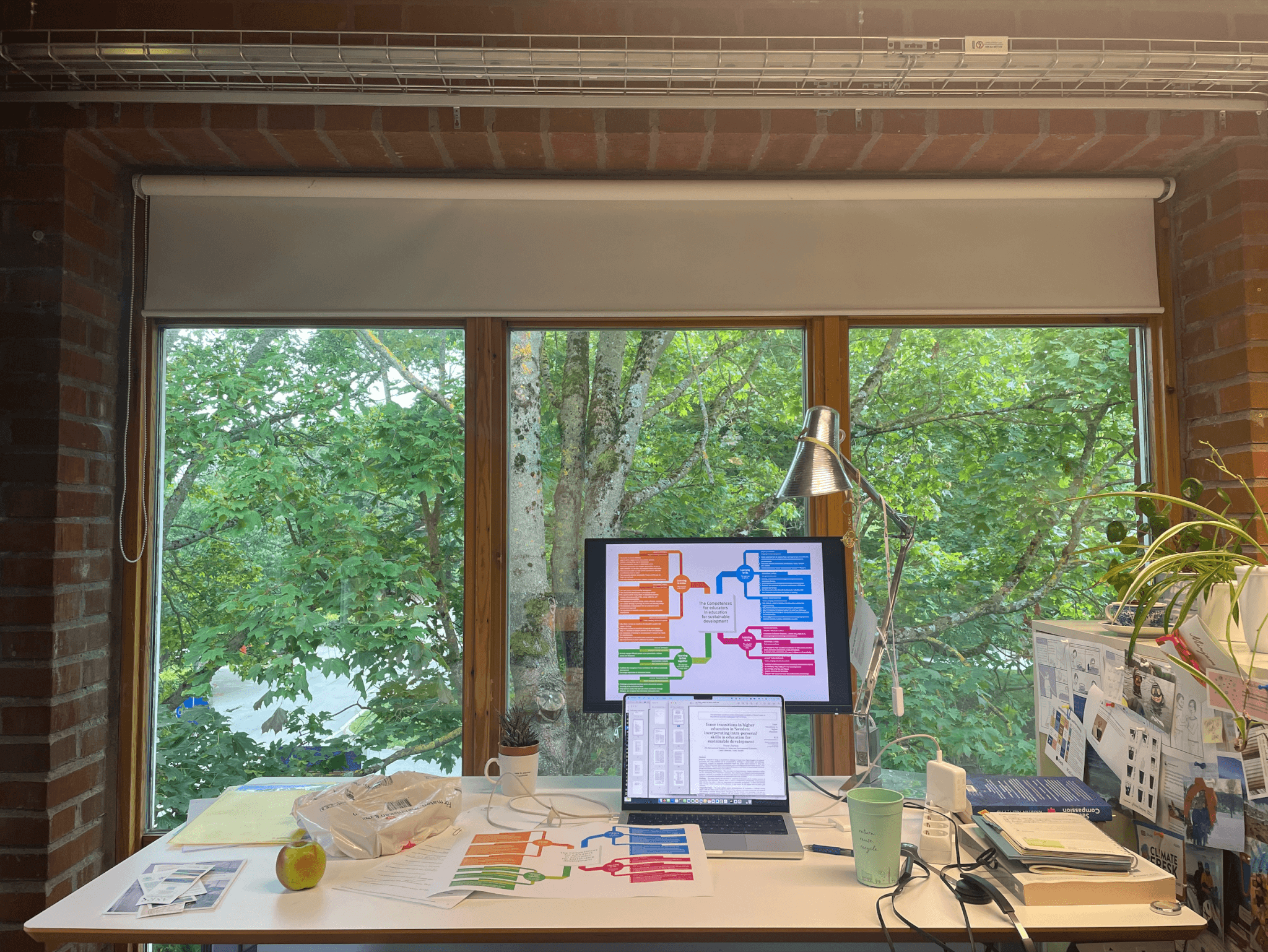
UNECE “Competences for educators in education for sustainable development”
After having thought a lot about what we need to teach our students in terms of sustainability competencies, what is it that teachers actually need to know, be able do, be, in order to be able to do it? Of course there are also frameworks for this! Here I am summarising the UNECE (2012) framework.
To be honest, the UNECE (2012) framework looks pretty overwhelming at first (and second) glance, because there is just so much on it! But maybe there are really so many competencies that we need to develop as educators in education for sustainable development, so we just need to get on and deal with it?
The framework consists of four main categories: Learning to know, to do, to live together, and to be. Each of those is then broken down into three more categories: “A holistic approach”, which is about integration of thinking and practice, “envisioning change” about learning from the past, understanding the present and dreaming up a future, and “achieving transformation” about changing people, pedagogy and the educational system.
In these 12 fields, there are then a lot of different competences to explore and work towards, for example:
- The holistic approach consists of, obviously, understanding the basics of systems thinking and other sustainability knowledge. But it also includes knowing about our own world-views and understanding how relationships work, both in the present and between generations. This means that in learning to live together, for example, there is an element of actively engaging diverse groups across all possible boundaries.
- Envisioning change includes for example learning to critically assess change processes in society, or communicating the importance and urgency of change as well as inspiring hope.
- Achieving transformation, both in learning to know and learning to do, includes understanding why we need to transform the way we learn and the way the educational system works. But it also includes learning to be a facilitator in a co-created learning process, being a reflective practitioner, and building positive relationships with students.
After a lot of initial struggles, I have really come to appreciate this framework, and I am wondering how to work with it going forward. Maybe some/most/all of the learning outcomes should be included in our regular teacher trainings, or at least in the ones on Teaching for Sustainability (although I am thinking: all!)? Maybe we can just show the framework and let people pick the one or handful of learning outcomes that speaks to them, and let them come up with ideas of what they want to do? Maybe I should send out weekly messages on our Teaching-for-Sustainability Teams with a reflexion question and call to action and slowly work my way through the framework?
[edit 27/12/2025: Here is a correct version of their table!]
United Nations Economic Commission for Europe (UNECE). Learning for the Future: Competences in Education for Sustainable Development, ECE/CEP/ AC.13/2011/6. 2012. Available online: https://www.unece.org/fileadmin/DAM/env/esd/ESD_Publications/Competences_Publication.pdf